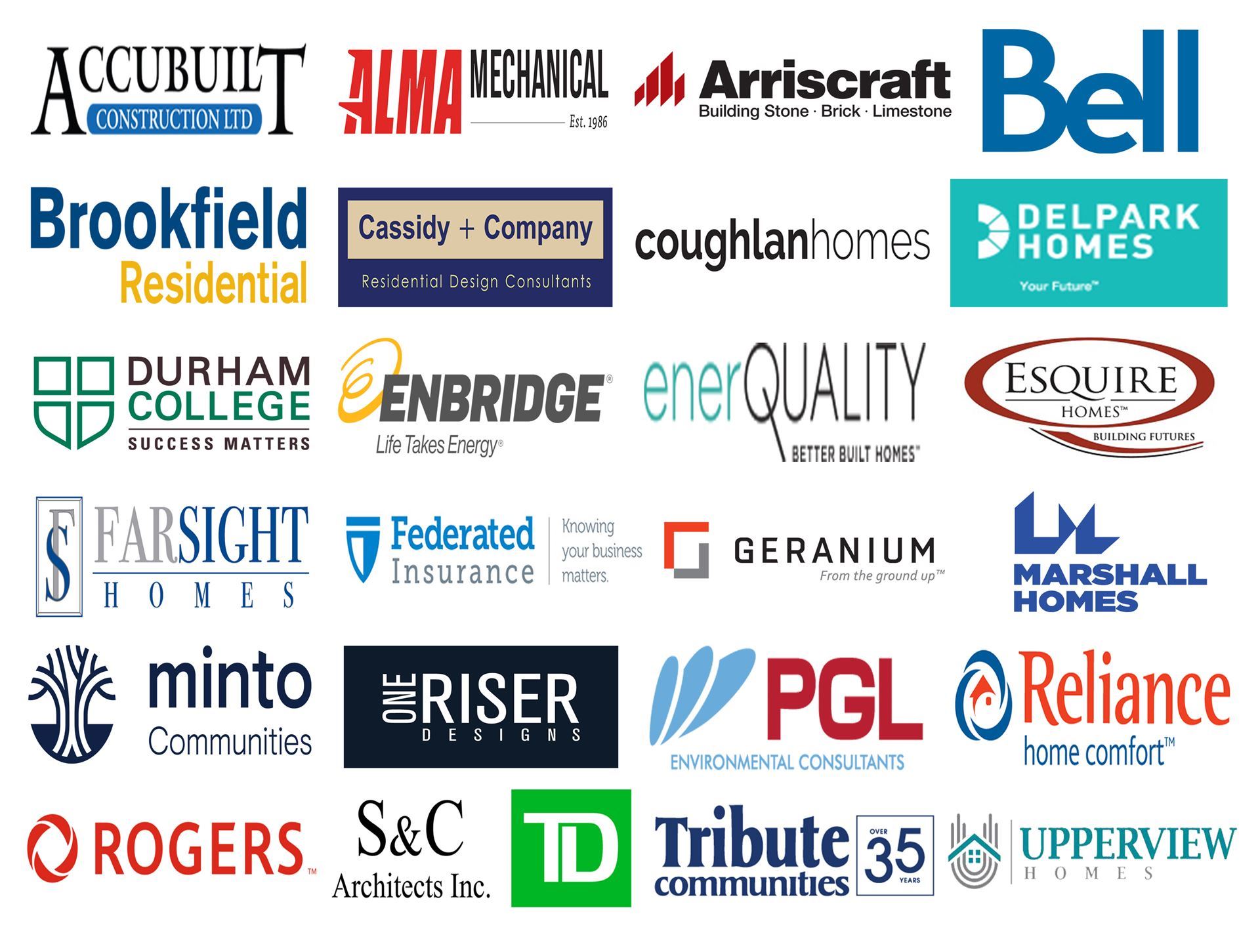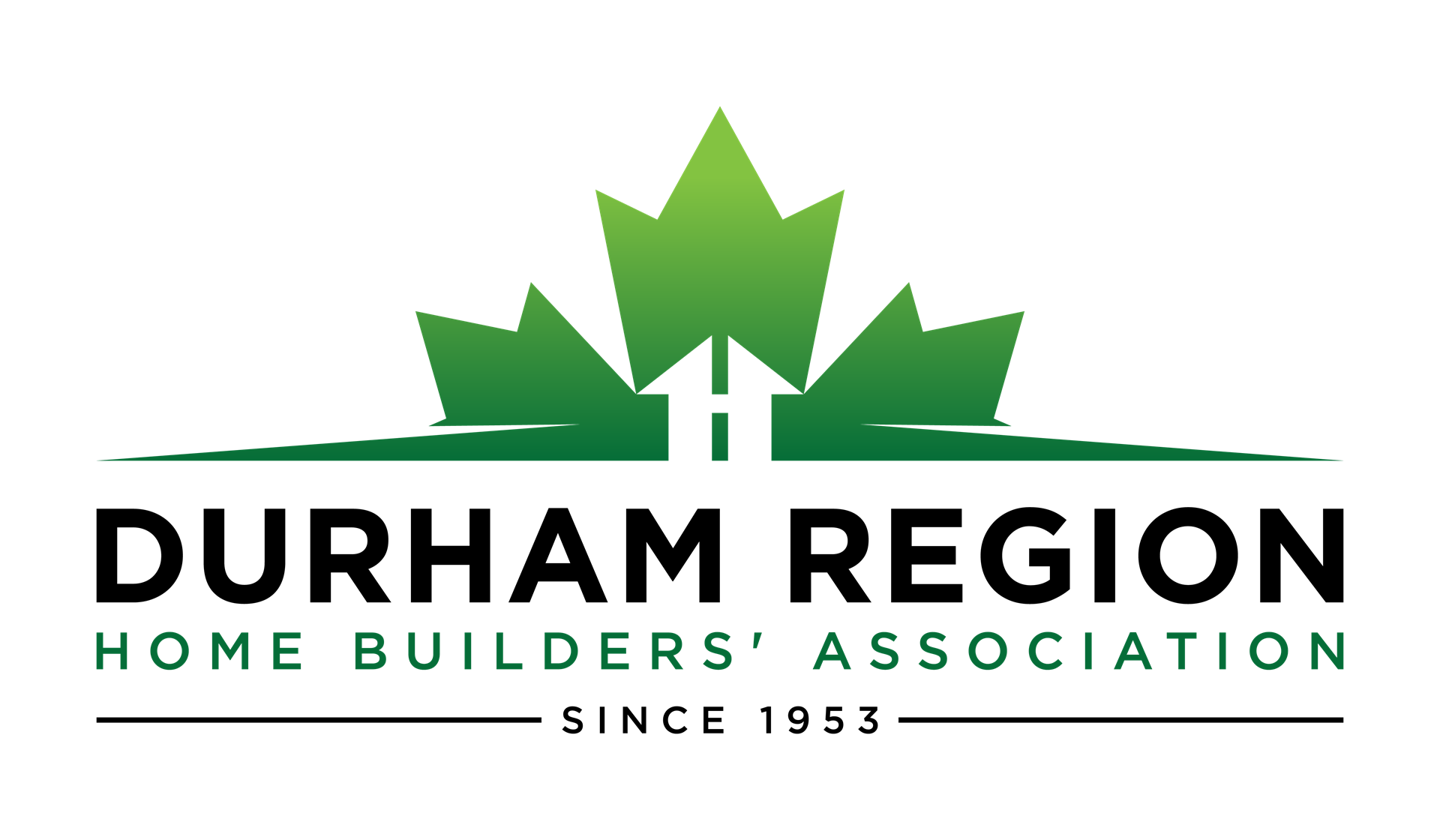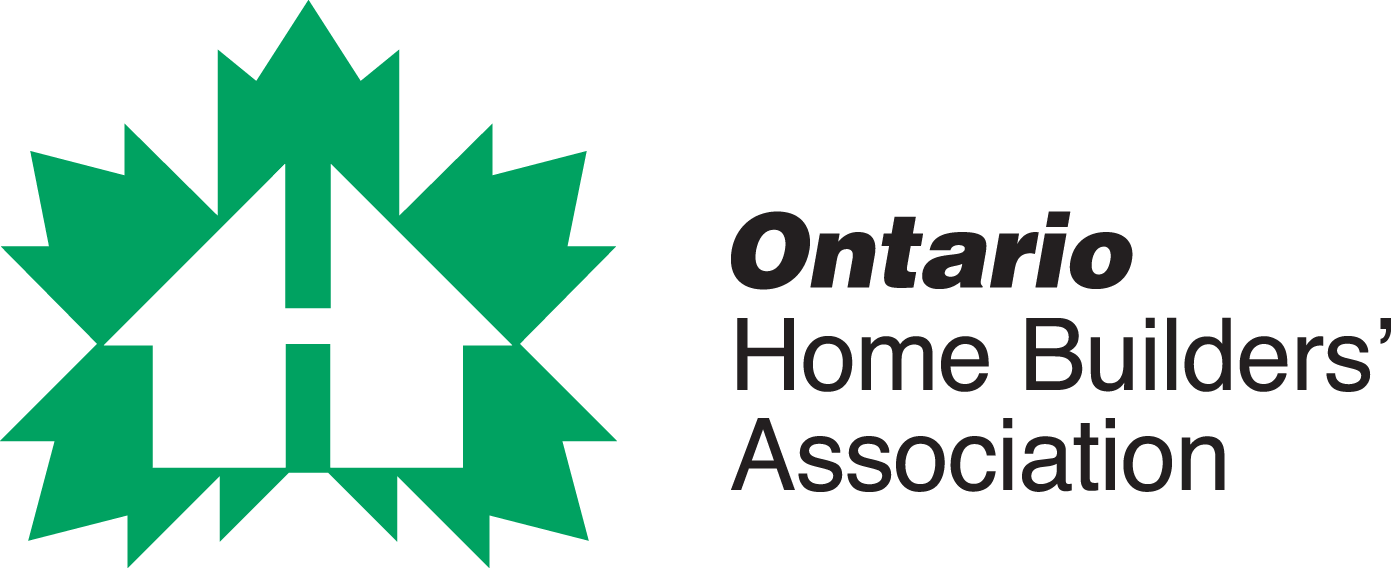|

Upcoming events
-
America/New_York
July 15, 2025 8:30 AMDeer Creek 2700 Audley Rd Ajax
-
America/New_York
July 23, 2025 9:00 AM1-1255 Terwillegar Ave, Oshawa
-
America/New_York
August 13, 2025 9:00 AM1255 - Unit #1 Terwillegar Ave, Oshawa
Follow Us on Social Media: | Contact Us: Phone: 905-579-8080 Email: info@drhba.com | Address: 1-1255 Terwillegar Avenue Oshawa, Ontario L1J 7A4 |
Copyright © 2019, Durham Region Home Builder's Association, All Rights Reserved |
Powered by Wild Apricot Membership Software

.png)


